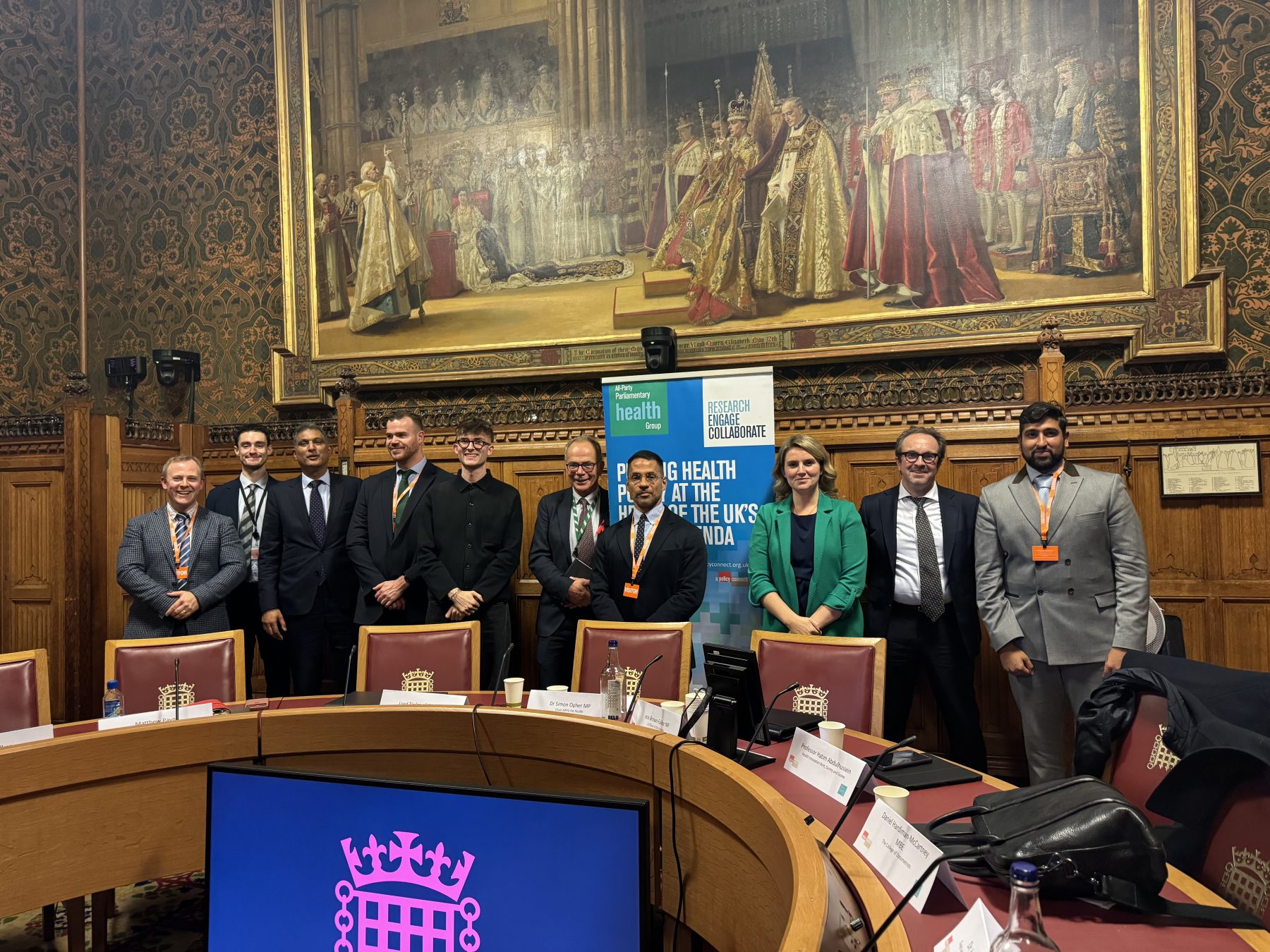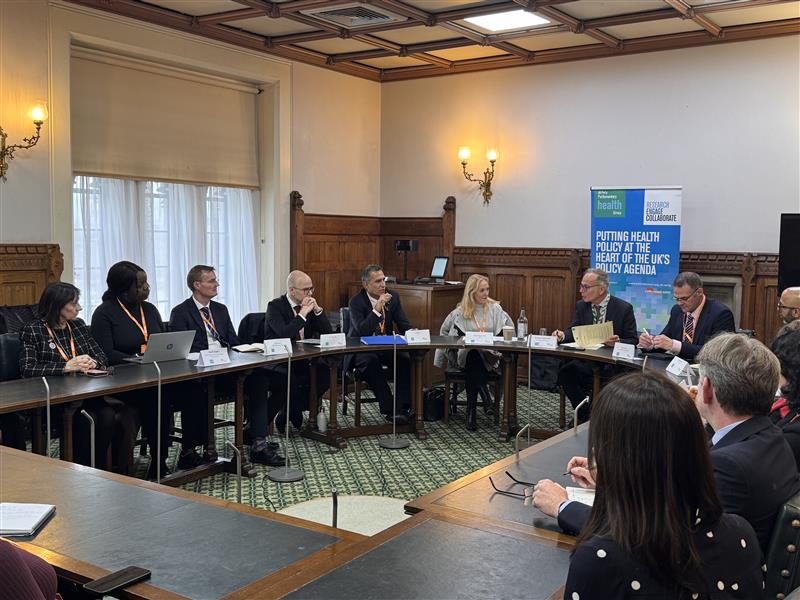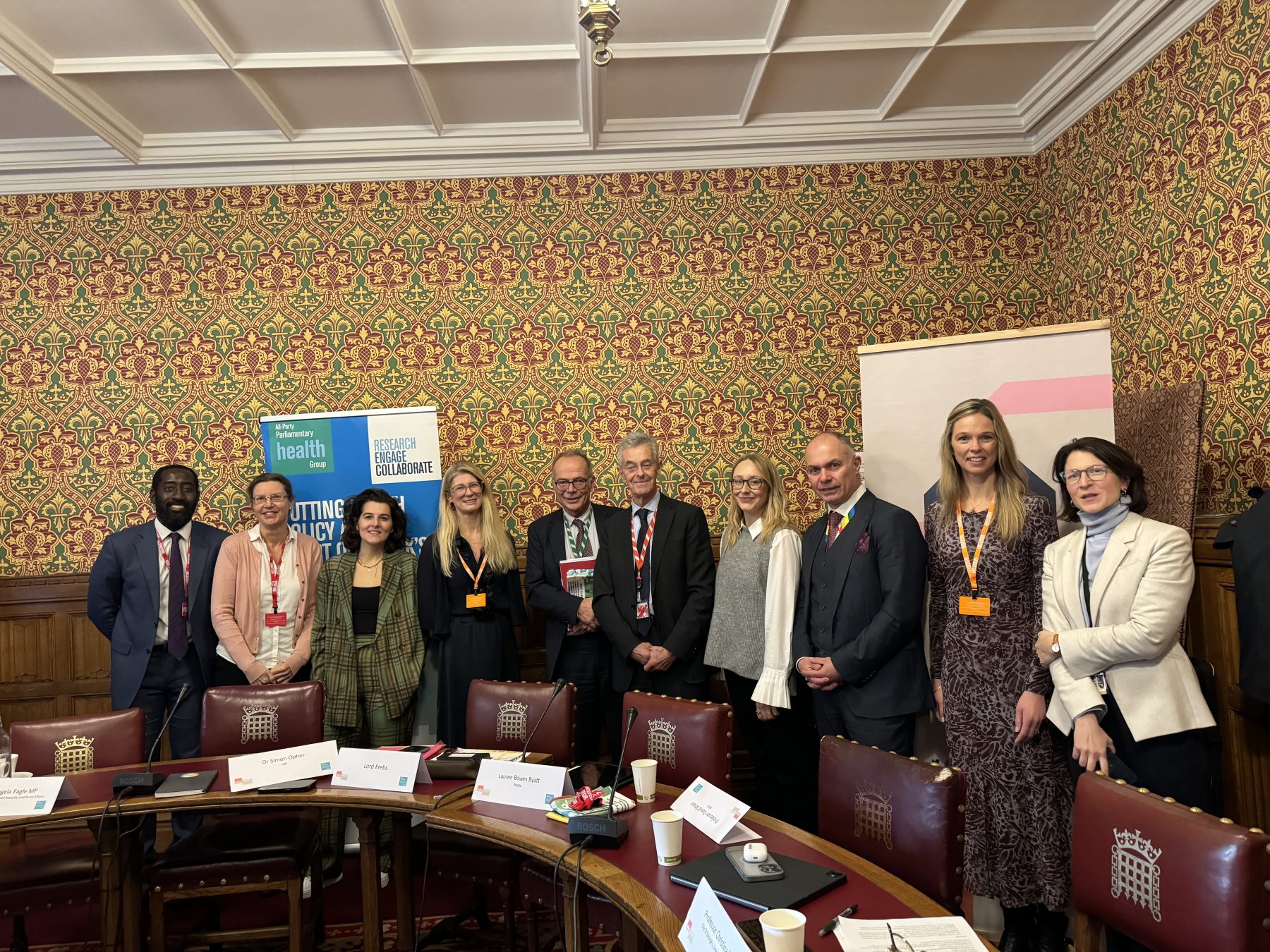Inequality is a hot-button issue in general elections, with all parties advocating for their plans to make the UK more equitable. Whilst economic inequality is usually the focal point of these plans this isn’t the full picture, as the poorest members of our society now die eight years earlier than their richer counterparts. In this blog, Marjan Jamal and Oliver Buckley-Mellor share their thoughts on what can be done to move past these inequalities.
These health inequalities have become so serious that world-renowned academic Professor Sir Michael Marmot has described them as a sign ‘of a society in trouble’. It’s for this reason that Policy Connect is calling on all parties to address health inequality in their manifestos. We also recommend they draw on our research into preventing illness by enabling healthier lives and safer homes.
Healthier lives
Type 2 diabetes is a strong example of how health inequalities could be addressed by increasing the use of preventative measures such as Change4Life, the hub created to encourage parents to feed their children healthier meals. Research shows that 60% of Type 2 diabetes cases could be prevented or delayed if their causes were effectively addressed earlier. Prevalence of Type 2 diabetes is 60% more common among individuals in the lowest socioeconomic group compared with those in the highest socioeconomic group in England. There is also a financial incentive to address this health inequality, as the NHS currently spends 10% of its budget treating diabetes and resulting complications, and this is projected to rise to around 17% by 2035/36.
Yet despite knowing how impactful prevention has the potential to be, the Government’s recent Green Paper was received with mixed reviews in setting out its ambition to tackle widening health inequalities, stalling life expectancy, and increasing levels of obesity. In June 2019, Policy Connect held a briefing event on the Prevention Green Paper where attendees widely agreed that all party manifestos must commit to making better use of prevention in order to address health inequality. In particular, we hope to see bolder action on unhealthy foods, obesity, and minimum unit prices for alcohol – similar to those taken by the Scottish and Welsh governments.
Safer homes
Fuel poverty’s effect on excess winter deaths also exemplifies how health inequalities could be prevented by making homes safer. In England, a household is considered fuel poor if they have above-average energy costs that, if spent, would leave the household with a residual income below the poverty line. The Government estimates that England has 2.53 million fuel-poor households and National Energy Action claims 82.1% of fuel-poor households contain a child, an elderly person, or someone with a disability or long-term illness.
Ofgem estimates that fuel poverty caused 5,500 excess winter deaths in 2017/18 across England and Wales. That means fuel poverty alone was responsible for over 10% of the 50,100 excess winter deaths seen in 2017/18, the highest number recorded since 1975/76. Given that fuel poverty primarily affects low-income households, it is highly likely these deaths disproportionately affect disadvantaged groups and contribute to health inequality.
We believe more needs to be done to highlight the role safer homes can play in preventing illness and addressing health inequality, and agree with the Government that ‘Prevention is better than cure’ and therefore encourage all party manifestos commit to ensuring everyone has access to a safe home. Specifically, we recommend parties put forward ambitious proposals for improving the energy efficiency of the UK’s housing stock, as this will address unaffordable energy costs and contribute to achieving Net Zero.



